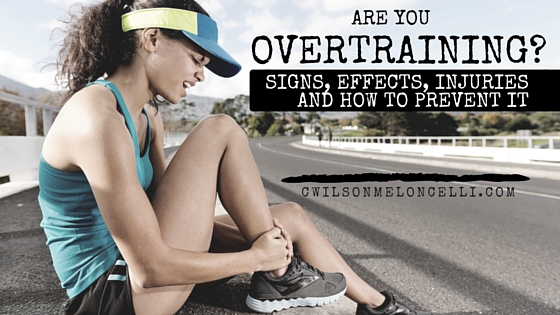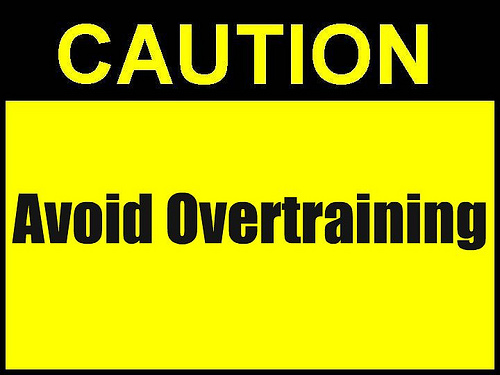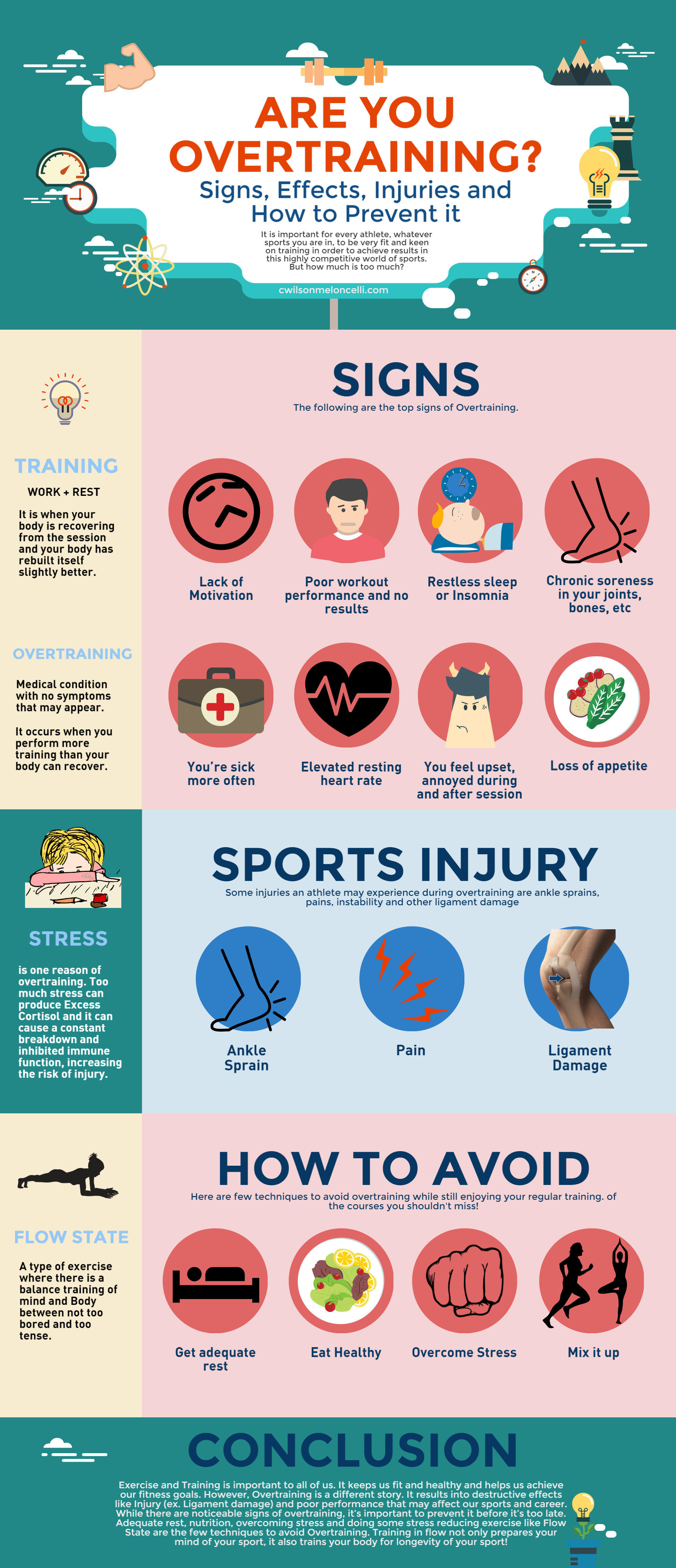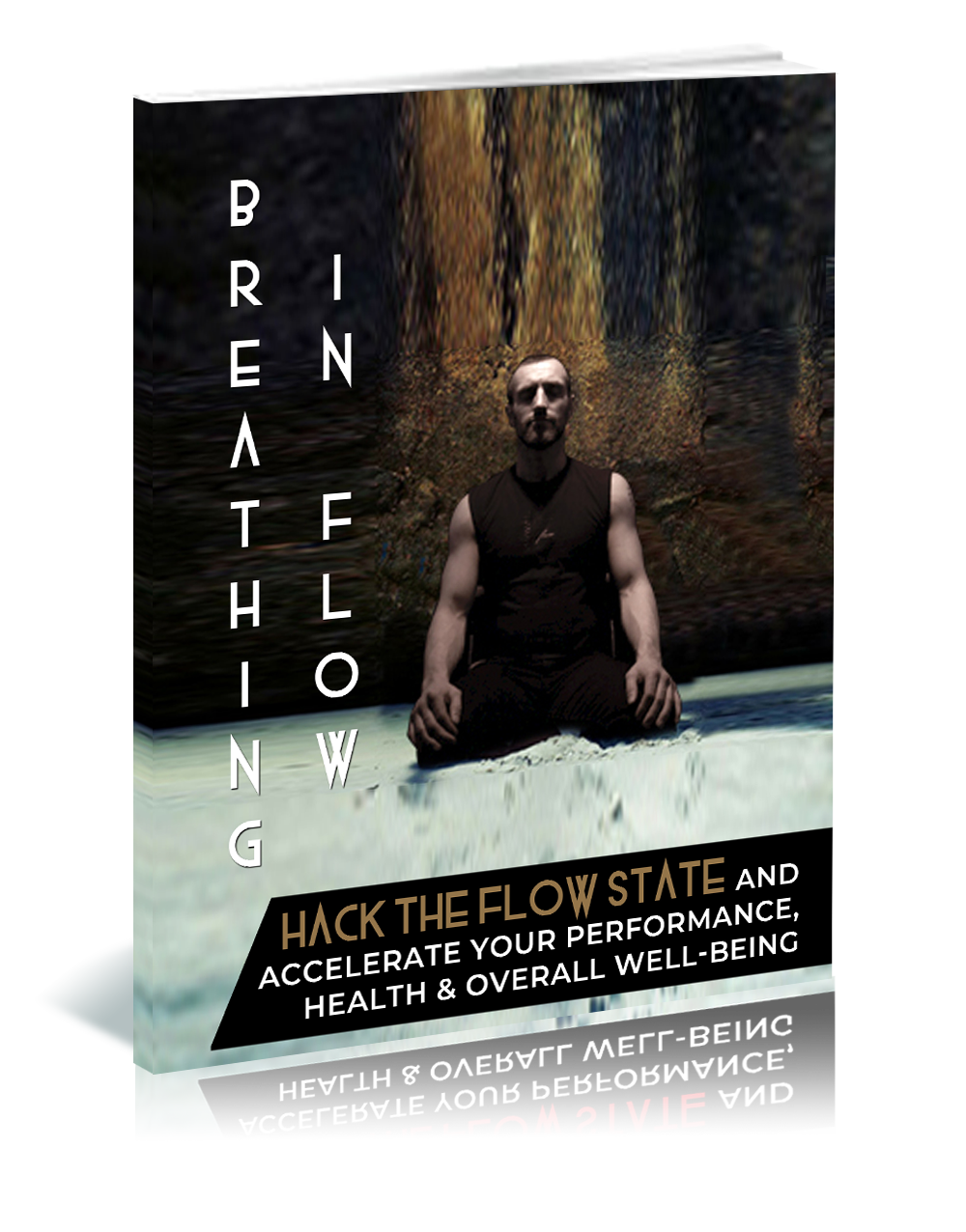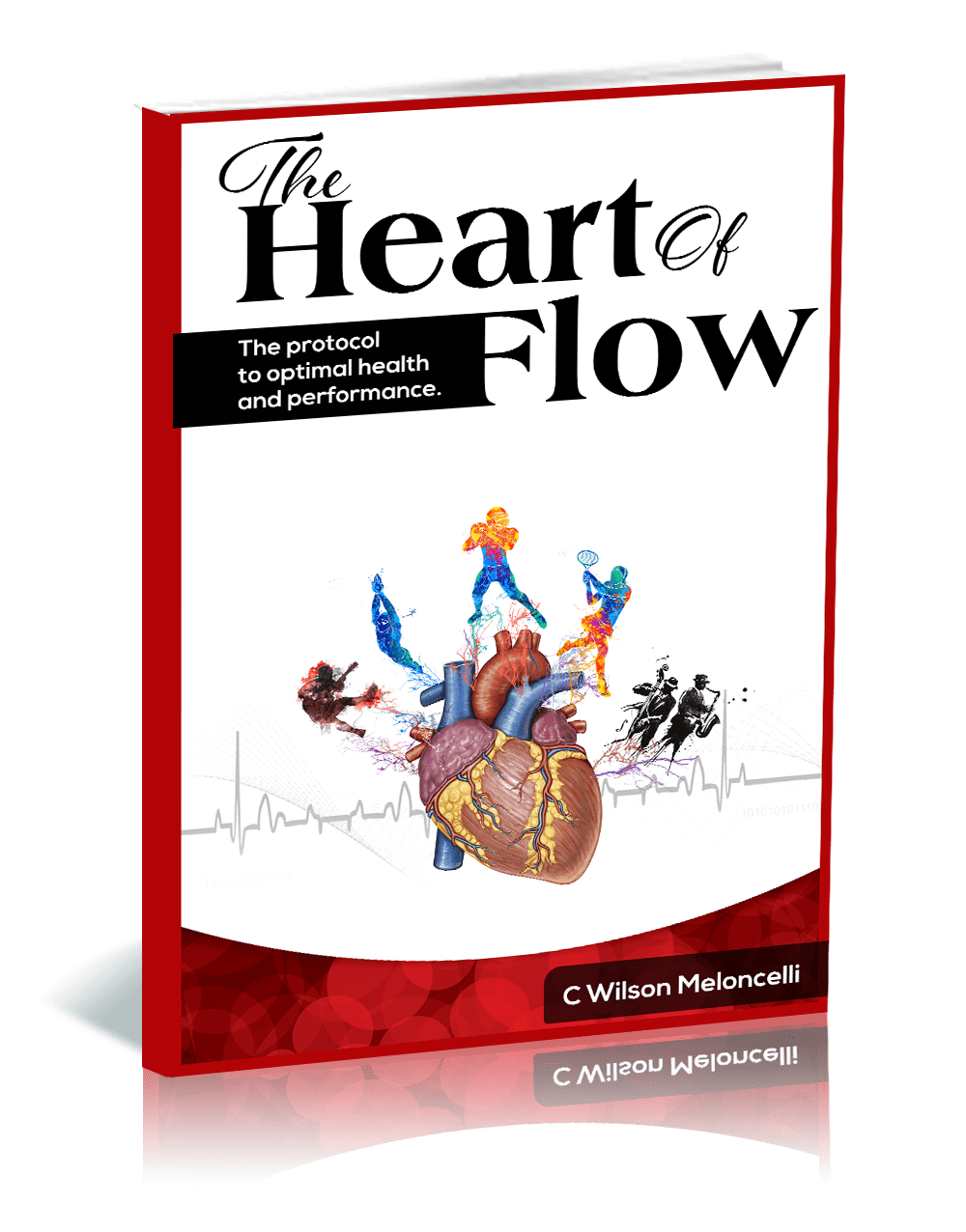It is important for every athlete, whatever sports they are in, to be very fit and keen on training in order to achieve results in this highly competitive world of sports. They spend a lot of time in preparing their body to cope up with the strains and the energy that is required in order to achieve results. However, too much training is rather dangerous. There is what they call Overtraining which is harmful to everyone. But how much is too much? Do we need to experience it before we regret in the end?
Training. As misunderstood by others is a combination of work and rest. Yes, not purely work, not purely rest. You don’t improve while training. It is when your body is recovering from the session and your body has rebuilt itself slightly better.
Overtraining on the other hand is often recognizable as a medical condition with no symptoms that may appear. There are signs but are no obvious symptoms. It occurs when you perform more training than your body can recover. There are no symptoms because no one trains exactly the same way. For instance, power athletes may experience different symptoms than endurance athletes.
Stress is one reason of overtraining. As explained in my previous article, the HPA Axis, Athletes undergoing a strenuous training schedule can develop a significant decrease in performance or the Overtraining Syndrome (OTS). Too much stress can produce Excess Cortisol and it can cause a constant breakdown and inhibited immune function, increasing the risk of injury.
Signs of Overtraining
Some obvious signs of overtraining are tiredness, tightness, decrease performance, increase in injuries, restlessness, elevated blood pressure, decrease strength, decrease endurance, and many more. So I’ll be going to explain the top signs you’re overtraining.
Lack of motivation
This is when you lost all drive and motivation to train. When you think that your lack of interest in training is not normal anymore. This time you need to listen to your body and take a rest.
Poor workout performance and no results
Working out too much can actually cause you to lose muscle and gain fat. If you’re starting to struggle with your training, you’re normally experiencing regression in your athletic performance. Slower reaction times, reduces speeds and lowered endurance are the signs of overtraining.
Experiencing Restless sleep or Insomnia
It is important to note that it is during sleep where our body rests and repairs itself from intense workout during the day. An overtrained body, is sometimes unable to slow down and completely relax, making it difficult to recover between workouts.
Chronic soreness in your joints, bones and limbs, injury increases
Overused muscles, ligaments and joints can cause constant aches, which may go unnoticed until the body is given proper rest. There are times that it’s not a surprise when feel sore after training, but if it’s continuing for more than 72 hours, it’s a bigger problem.
You’re sick more often
As a combination of things such as lack of sleep, poor diet, not enough activity and mental stress, this is the time where you find yourself getting ill. It’s also due to overtraining. Too much training taxes all of the body’s systems and makes it more difficult to ward off infections.
Elevated resting heart rate
If your normal resting heart rate starts to become elevated then it could be a sign of stress. People who overtrain find that it takes longer for their heart rate to return to normal after a workout. Whatever kind of stress is it, physical or psychological stress, it’s important to take a break from both of it.
You feel upset and annoyed during and after session, agitation, moodiness, lack of concentration
Too much training and too little rest can cause disorder on the hormones and cause mood swings and inability to concentrate. Exercise should elevate your mood, not lower it. When your body becomes overwhelmed from training, it produces hormones like cortisol that can cause anxiety. Dopamine, the chemical that is produced during stress coincides your training and it can severely lower your mood when exhausted.
Loss of appetite
Overtraining, physical exhaustion and stress can cause an increase in hormones such as epinephrine and norepinephrine that tend to inhibit appetite.
Menstrual cycle disturbances in women
Overtraining while not consuming enough calories may also disrupt a woman’s menstrual cycle. Some women experience irregular periods while others stop menstruating altogether.
What Kind of Sports Injuries can Occur During Overtraining
Some injuries an athlete may experience during overtraining are ankle sprains, pains, instability and other ligament damage. Ligaments link one bone to another that provide support to joints. They allow a normal range of movement to occur within a joint, but prevent unwanted movement that would render the joint unbalanced. When an athlete is overtraining, ligaments are often stressed because of failing muscles and surrounding tendons causing them to work harder than what they’re intended to. During injury, a knee ligament may be stretched (sprained), or sometimes torn (ruptured).
How to Avoid Overtraining
You are now aware of the possible effects of overtraining so does it mean you should quit training? Not Necessarily. Here are few techniques to avoid overtraining while still enjoying your regular training.
- Get adequate rest
This is the simplest yet hardest thing to do especially if you’re a busy man with tight schedule and lots of ideas need to execute every day. But if you want to see results and decrease the risk of overtraining, you should get adequate rest. Sleep/rest is so important because as what I mentioned earlier, it is one of the formula for an effective training. Work + Sleep.
- Eat Healthy
While a successful training is consists of work and sleep, nutrition also is important for more effective result. Without the proper nutrients, you’re shooting yourself in the foot before the race begins. Just like your car, your body needs quality fuel in order to function properly. To avoid overtraining, you should have an adequate intake of fats, carbs and protein.
- Overcome Stress
Stress, as one key to increase levels of cortisol, must be taken into account. You need to consider both training as well as outside stressors. It might be a good time to take some time off strength training and go for some low intensity activity like yoga, meditation, flow, all effective options for stress recovery.
- Mix it up
While pushing yourself hard during your training is not naturally problematic, doing it too often during the week is overtraining. High intensity workouts should be limited to two or three times a week. Don’t train to the point where it takes 2 weeks to recover from one session. To avoid having excess cortisol, you may consider trying a type of exercise that can help modulate your cortisol levels. A type of exercise where there is a balance training of your mind and body, between not too bored and not too tense. The Flow State training. You may find flow as a stress reducing activity that helps you recover more quickly from your more intense training schedule.
Conclusion
Training is important to all of us. It keeps us fit and healthy and helps us achieve our fitness goals. However, Overtraining is a different story. It results into destructive effects like Injury (ex. Ligament damage) and poor performance that may affect our sports and career. While there are noticeable signs of overtraining, it’s important to prevent it before it’s too late. Adequate rest, nutrition, overcoming stress and doing some stress reducing activity like Flow State are the few techniques to avoid Overtraining. Training in flow not only prepares your mind of your sport, it also trains your body for longevity of your sport!
You can begin or strengthen your connection to Flow right now, by accessing my Flow State Free Course Package. Flow Tutorials, The 3 Step Formula, Instant Flow Meditation and a powerful Flow Triggering Workout. Which I will send to you via email right now (if you want). Pretty cool right? Well, grab your access now:)
SIGN UP FOR OUR FREE COURSES HERE
Plus bonus extra courses, tips & content sent to you regularly for free.
Thanks for reading! And stay in Flow for more.
References
10 Signs You’re Overtraining. (n.d.). Retrieved September 4, 2015, from http://boxlifemagazine.com/training/10-signs-youre-overtraining
How to prevent and treat those frustrating sports injuires. https://www.collinsplacephysio.com.au/how-to-prevent-and-treat-those-frustrating-sports-injuries/
Adrenal gland stress effects joint health | Muscle Testing Doctor. (2011, September 17). Retrieved September 4, 2015, from http://www.muscletestingdoctor.com/chiropractic-portland-ligament-health-and-adrenal-glands/
Ankle Sprains & Injuries: Hormonal Issues Linked With Ligament Damage. (2012, November 11). Retrieved September 4, 2015, from http://sock-doc.com/ankle-sprains-ligament-damage/
Overtraining Can Kill You: The 3 Stages of Overtraining, Part 1. (n.d.). Retrieved September 4, 2015, from http://breakingmuscle.com/strength-conditioning/overtraining-can-kill-you-the-3-stages-of-overtraining-part-1
Overtraining Symptoms: 7 Signs You're Training Too Much - BuiltLean. (2012, June 5). Retrieved September 4, 2015, from http://www.builtlean.com/2012/06/05/overtraining/
Result Filters. (n.d.). Retrieved September 4, 2015, from http://www.ncbi.nlm.nih.gov/pubmed/15717662
Sports Injuries | Patient. (n.d.). Retrieved September 4, 2015, from http://patient.info/health/sports-injuries
Top 10 Signs You're Overtraining. (n.d.). Retrieved September 4, 2015, from https://www.acefitness.org/updateable/update_display.aspx?pageID=634
9 Signs Of Overtraining and What You Should Do About It, from https://fitnesscrest.com/signs-of-overtraining/
What are overtraining injuries and how can you prevent them. (2014, September 2). Retrieved September 4, 2015, from http://www.doctortipster.com/24167-what-are-overtraining-injuries-and-how-can-you-prevent-them.html
Why You May Need To Exercise Less. (2012, January 27). Retrieved September 4, 2015, from http://chriskresser.com/why-you-may-need-to-exercise-less/

